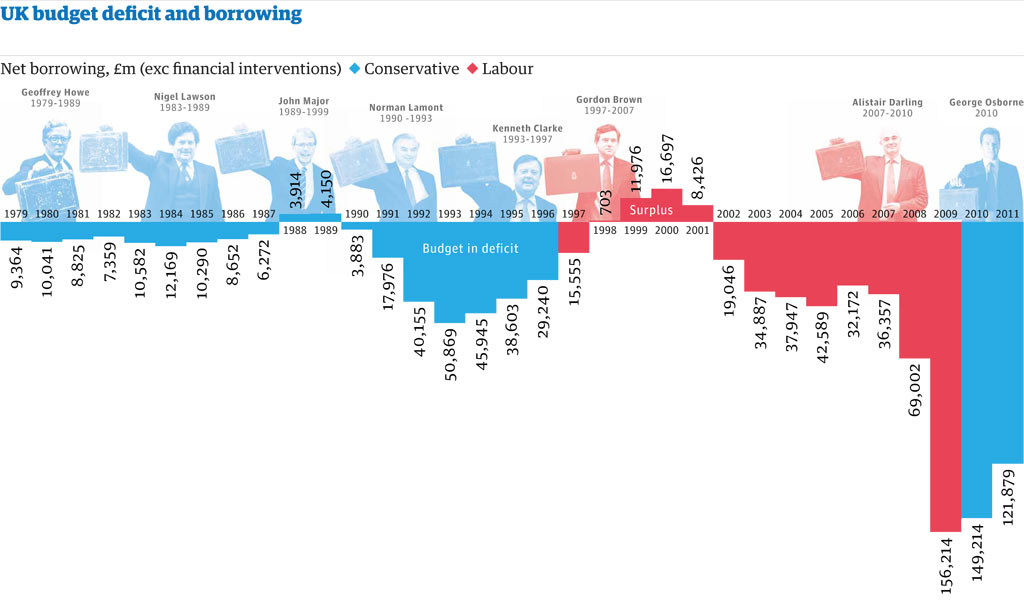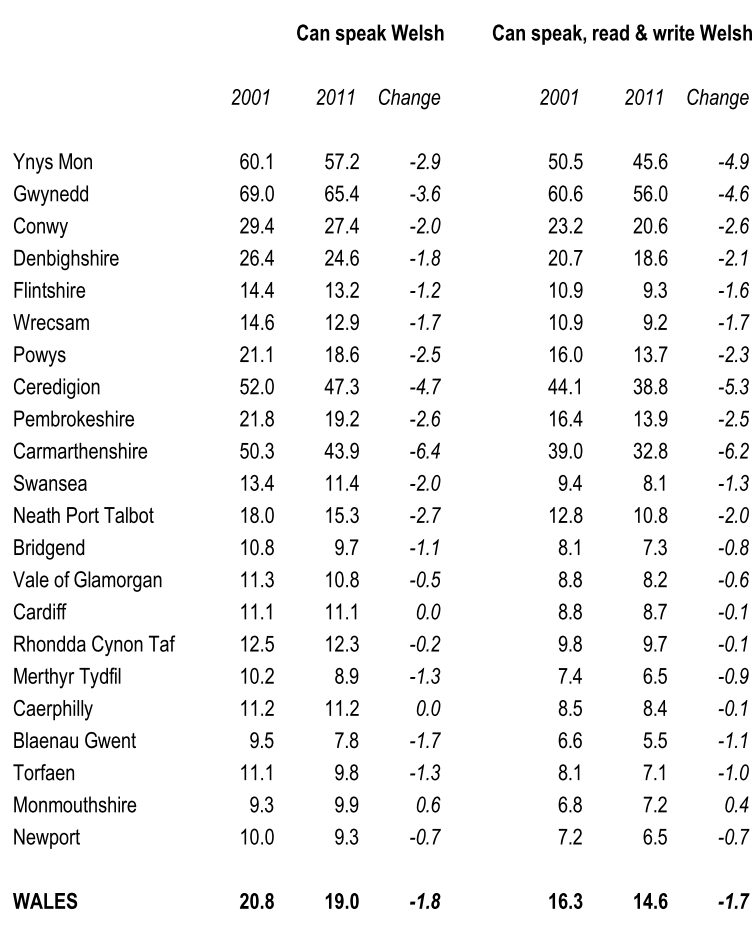I very much liked Stuart's post on Welsh Not British on Tuesday, and it's worth showing his graphic again:

But I was interested to find out to what extent opinion in Wales is matched by opinion in England. As it happens, it's not all that different.
In Wales:
Welsh only ... 57.5%
Welsh and British only ... 7.1%
Welsh and any other(s) ... 1.2%
Welsh in any form ... 65.9%
Not Welsh ... 34.1%
British only ... 16.9%
British and any other(s) ... 9.4%
British in any form ... 26.3%
Not British ... 73.7%
English only ... 11.2%
English and British only ... 1.5%
English and any other(s) ... 1.1%
English in any form ... 13.8%
Not English ... 86.2%
In England:
English only ... 60.4%
English and British only ... 9.1%
English and any other(s) ... 0.7%
English in any form ... 70.1%
Not English ... 29.9%
British only ... 19.2%
British and any other(s) ... 10.1%
British in any form ... 29.3%
Not British ... 70.7%
Welsh only ... 0.6%
Welsh and British only ... 0.1%
Welsh and any other(s) ... 0.1%
Welsh in any form ... 0.8%
Not Welsh ... 99.2%
Census 2011, Table KS202EW
What are we to make of this? The first and most important point is to look at the precise wording of the census question, which was:
How would you describe your national identity?
Tick all that apply ...
As I've noted before, for example in this post, many surveys and opinion polls are not so specific. In the YouGov poll for British Future the wording of the questions was:
Would you say you see yourself as ...
... English/Scottish/Welsh/None of these?
and
And which, if any, of the following best describes how you see yourself?
... Welsh not British/More Welsh than British/Equally Welsh and ... etc, etc.
When asked that general question, the answers were:
In Wales:
Welsh, not British ... 21%
More Welsh than British ... 22%
Equally Welsh and British ... 37%
More British than Welsh ... 9%
British, not Welsh ... 6%
Other ... 5%
In England:
English, not British ... 19%
More English than British ... 18%
Equally English and British ... 43%
More British than English ... 8%
British, not English ... 6%
Other ... 5%
YouGov, April 2012
On the face of it, the census and the YouGov poll appear to say exactly the opposite. From the YouGov poll, it would be possible for someone to say that 74% of people in Wales see themselves as British to some degree. But the census shows that 74% of people in Wales do not see their national identity as British to any degree.
However these percentages are in fact answers to completely different questions. The problem is that politicians and others, notably in the media, either unintentionally or deliberately misinterpret the results. The broadcast media in particular invariably think of "British" as a description of nationality. YouGov described their poll as "Nationality Perceptions". The Western Mail headlined their story:
England and Scotland "could learn" from Wales about national identity
The truth is that each one of us has a wide range of stacked identities. To use an example I gave before: someone could identify themselves as living on the Gurnos, in Merthyr, in the Valleys, in south Wales, in Wales, in Britain, in the UK, in the EU, in Europe and in the northern hemisphere. All of these are equally valid identities, but someone's national identity is much more specific. It is perfectly possible, in fact highly likely, that someone in Denmark would identify themselves as "equally Danish and Scandinavian" ... but they would not consider their nationality to be Scandinavian. Similarly, someone in the Netherlands would be more than likely to identify themselves as "equally Dutch and European" ... but they would not consider their nationality to be European.
-
These results from the census are too obvious to ignore: although many people identify themselves as British, very few people in either Wales or England consider Britain to be a nation. Instead, by a huge margin, we consider Britain to be a group of nations. Of course we share closer geographical, historical, cultural and family ties with each other than we do with the other nations in the world. But there's nothing unique or unusual about this, for exactly the same is true of the nations which make up Scandinavia, Arabia, Iberia or the Caribbean.
Why, then, do we have to put up with an incessant stream of what can only be described as spin, hype and blatant propaganda from politicians and the media describing Britain as a nation? We, along with our friends in England and Scotland, must expose and challenge them when they do so.

Footnote
I wrote most of this post yesterday, before today's news about Ed Miliband rehashing his speech on Britain being "One Nation". Although it's not unique to Labour, for when he said it before the Tories were quick to point out that he was stealing their clothes.
But I'd ask people to think about why he is saying it again right now. It can only really be in response to this week's census figures. If not thinking of one's nationality as British in any way, shape or form was mainly confined to Wales and Scotland, harping on about "One Nation" could perhaps be excused as ignorance on his part. But as a similar percentage of people in England think the same, it can only be a deliberate attempt to sell the idea of Britain being a nation to an electorate that has comprehensively rejected it.








